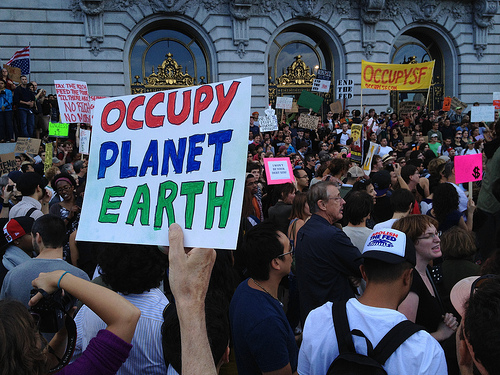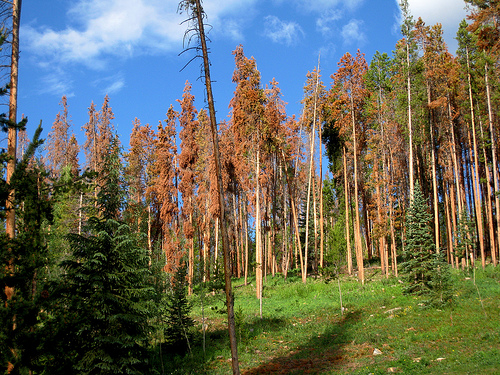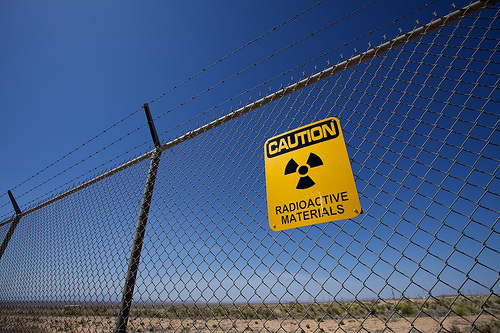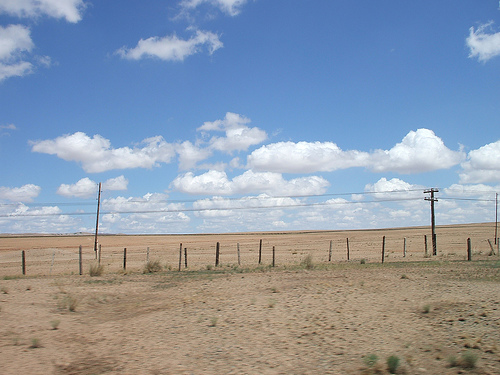Photo: Eric WagnerThis essay was originally published on TomDispatch and is republished here with Tom’s kind permission.
What if rising sea levels are yet another measure of inequality? What if the degradation of our planet’s life-support systems — its atmosphere, oceans, and biosphere — goes hand in hand with the accumulation of wealth, power, and control by that corrupt and greedy 1% we are hearing about from Zuccotti Park? What if the assault on America’s middle class and the assault on the environment are one and the same?
Money rules
It’s not hard for me to understand how environmental quality and economic inequality came to be joined at the hip. In all my years as a grassroots organizer dealing with the tragic impact of degraded environments on public health, it was always the same: Someone got rich and someone got sick.
In the struggles that I was involved in to curb polluters and safeguard public health, those who wanted curbs, accountability, and precautions were always outspent several times over by those who wanted no restrictions on their effluents. We dug into our own pockets for postage money, they had... Read more



